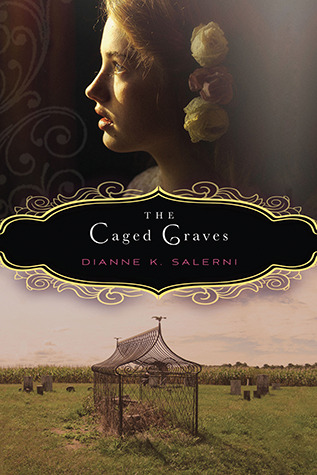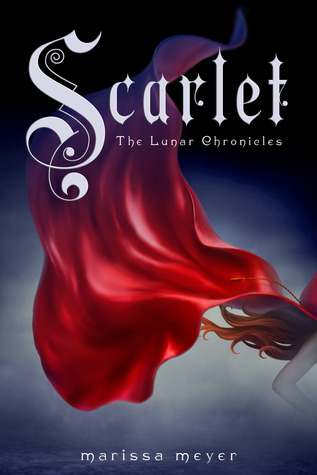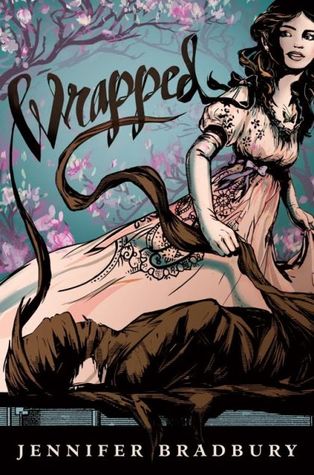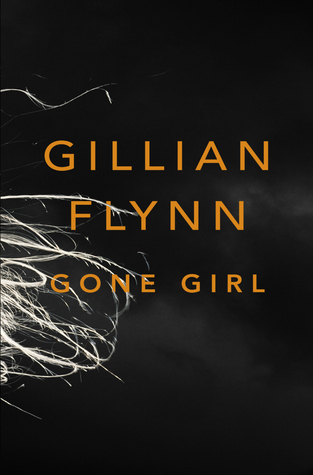I'm feeling lazy today, apparently, because I'm going to post three reviews in one. All are by LDS authors, and all are young adult speculative books, but aside from that there is not a lot linking the books together.
103. Tamara Hart Heiner, Inevitable

Aside from a lovely cover, this book had an interesting premise--Jayne can See people
who are about to die violent deaths, presaged by the strong smell of
lemons. Though she has tried in the past to alter these deaths, she's mostly been unsuccessful. So when she smells the scent of lemon on her younger sister, she does her best to avoid eye contact with her sister, hoping to avoid the knowledge of her sister's death. And when she meets a hot new British student at her high school, Aaron, who smells strongly of lemon, she does her best to avoid him, too.
But the complications in her personal life pale when Jayne Sees the death of a young woman at the hands of a local serial killer--and sees the face of the killer himself. Now Jayne has to decide how involved she wants to be--and how to convince the local police that she isn't, in fact, crazy, without risking her life or the lives of those close to her.
Like I said, the concept, I think, is great. My problem was that I had a hard time relating to Jayne--initially, her passiveness drove me crazy. Why *wouldn't* she just meet her sister's eyes? Even if she hasn't been able to prevent deaths in the past, maybe she could do something about her sister. (If it were me, I would). It also wasn't until half-way through the book that we found out Jayne really *had* tried in the past to prevent deaths (up to that point, all readers see is Jayne saying that she can't do anything. It was hard for me to believe this without seeing it.) And then there was Aaron--Jayne kept blowing hot and cold about him, but he remained steadily interested in ways that didn't quite make sense to me. And what guy would keep pursuing a girl who wouldn't make eye contact with him for days at a time? I get why Jayne didn't want to See his death, but I didn't get why Aaron kept after her, when all he got was a brush-off.
After the action picked up in the middle of the book, I stopped being so irritated by character flaws and actually enjoyed the end of the book.
104. (Review from Goodreads):
Seventeen-year-old Abigail Johnson is Gifted.
Blessed—or cursed—with Sight and Healing, Abby lives an unsettled
life, moving from place to place and staying one step ahead of the
darkness that hunts her. When she arrives in Jackson, Wyoming, she is
desperate to maintain the illusion of normalcy, but she is plagued with
visions of past lives mixed with frightening glimpses of her future.
Then she meets Kye, a mysterious boy who seems so achingly familiar that
Abby is drawn to him like he’s a missing piece of her own soul.
Before Abby can discover the reason for her feelings toward Kye, the
darkness catches up to her and she is forced to flee again. But this
time she’s not just running. She is fighting back with Kye at her side,
and it’s not just Abby’s life at stake. 
I'm a sucker for this kind of book (provided it's well written): an interesting blend of mythology and contemporary setting. I loved the unfolding relationship between Abby and Kye and the mythological elements were interesting. I was not as enamored with the historical flashbacks that provided readers with an explanation of why Abby and Kye were bound together, and what they were fighting against. (I suppose it's because I didn't have the same connection to the historical characters). The writing was generally good and the plot fast-paced.
105. Heather Ostler, Siren's Secret.
This wasn't my favorite book that I've read recently. While there is a lot of potential in the story, it didn't quite live up to that potential for me. This is the second book in a series--in the first book, Julia Levesque discovered she was a shapeshifter, a werecat, and that her family was part of a royal line of another kingdom. She left her home in the US and travelled to a special school for werecats in Ossia, her new home. In book two, Julia's position in Ossia is threatened as she makes a new discovery about her identity--that she might be part siren. Since sirens are feared and ostracized in Ossia, this is a discovery she must hide at all costs, even as it begins to threaten her ability to shapechange. To keep things complicated, she also has to help her father and friends fight off the looming threat of her evil mother.
This was another case where I had a hard time with the main character because she was sometimes irrational. Sometimes she was passive--for instance, she finds out that she's cursed and instead of trying to fight it or find a cure, she just accepts it and starts moping. But in other cases, she acts quickly (often rashly) without thinking things through and she blows hot and cold in her relationships (both with friends and romantic). And maybe this is authentic teenage behavior, but I've read lots of teenage heroines who don't rub me quite the wrong way as much as Julia did. Lots of readers seem to have really enjoyed this book, so it's possible that it's just me.
 What this mostly means is that Parker doesn't sleep. Ever. And the sleeplessness is slowly killing him. When he meets a new girl at school, Mia, whose dreams are strangely restful (and the first time Parker has been able to really sleep in months), he becomes obsessed. Not romantically obsessed--just desperate to find ways for her to be the last one he sees each night. Not surprisingly, it doesn't take long for Mia to be completely creeped out by his behavior and to try to avoid him. Even his friends think he's finally lost it.
What this mostly means is that Parker doesn't sleep. Ever. And the sleeplessness is slowly killing him. When he meets a new girl at school, Mia, whose dreams are strangely restful (and the first time Parker has been able to really sleep in months), he becomes obsessed. Not romantically obsessed--just desperate to find ways for her to be the last one he sees each night. Not surprisingly, it doesn't take long for Mia to be completely creeped out by his behavior and to try to avoid him. Even his friends think he's finally lost it.

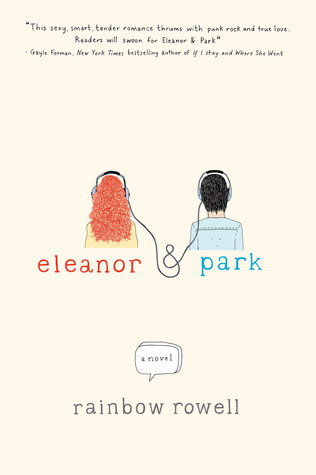 I really loved this book.
I really loved this book. 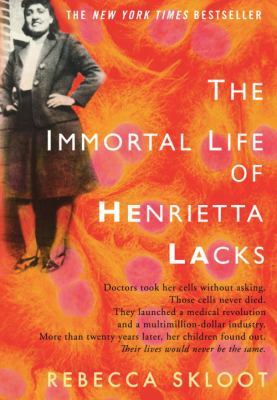

 120. Blud and Magick by Preston Norton.
120. Blud and Magick by Preston Norton.

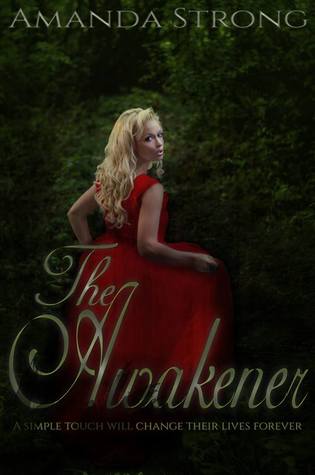


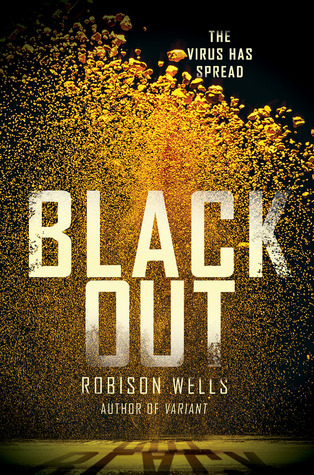
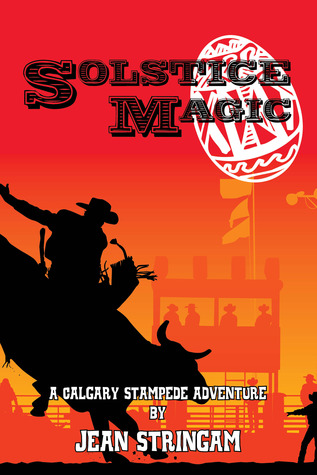
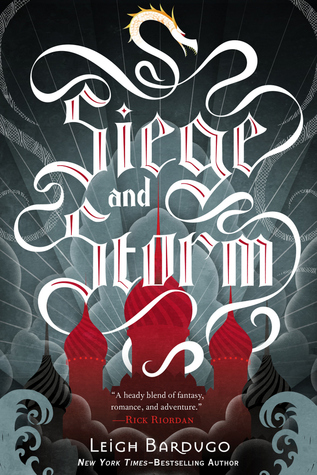

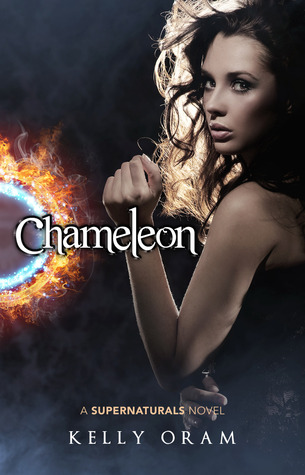 110. Kelly Oram, Chameleon
110. Kelly Oram, Chameleon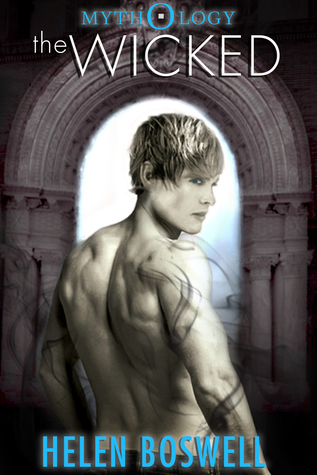






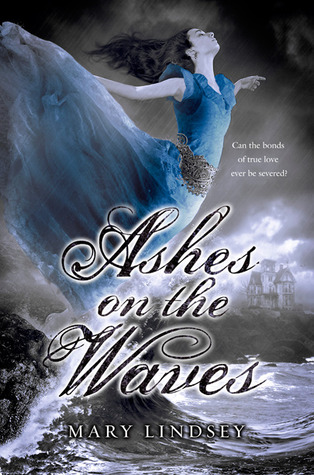

 100. Joan Bauer, Close to Famous
100. Joan Bauer, Close to Famous


